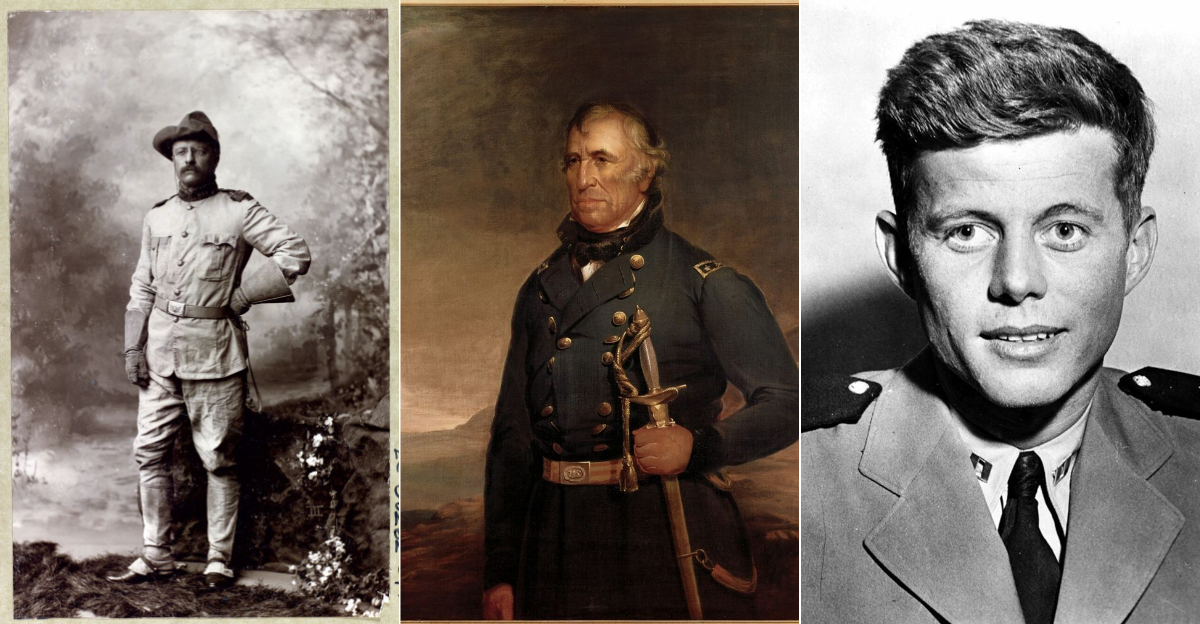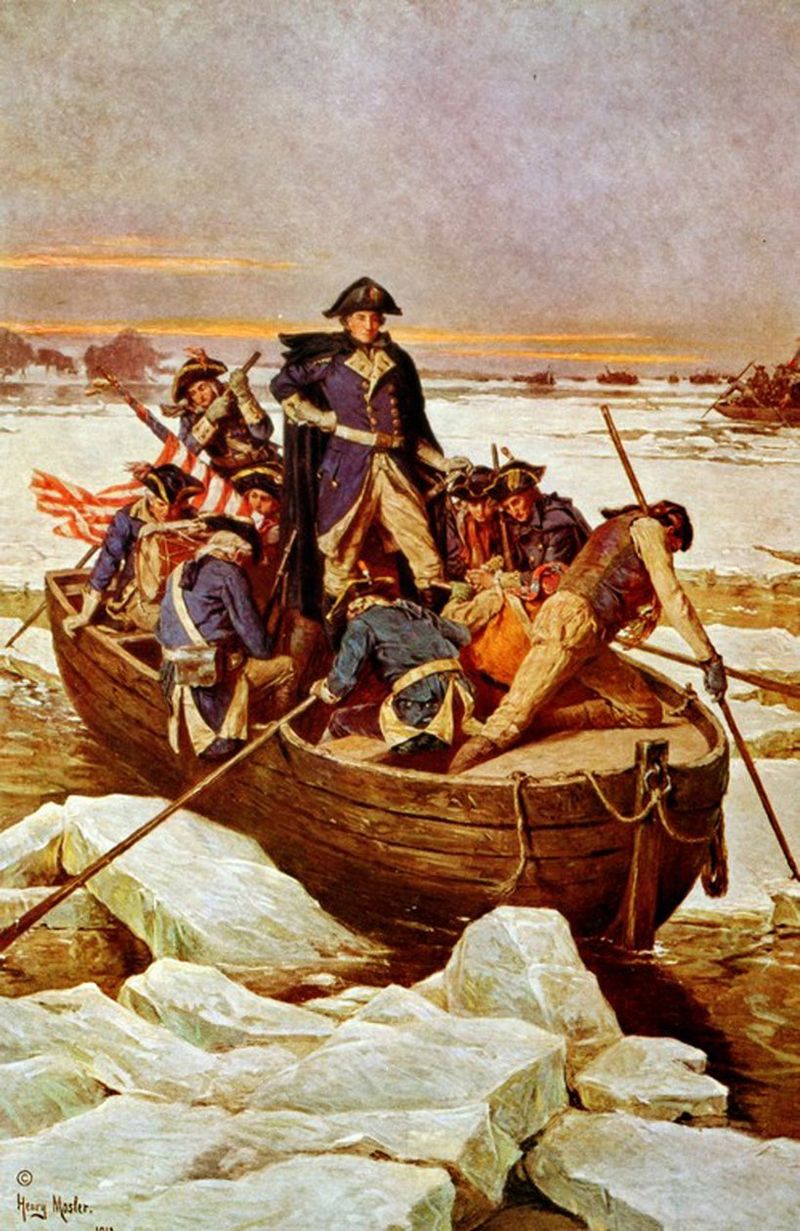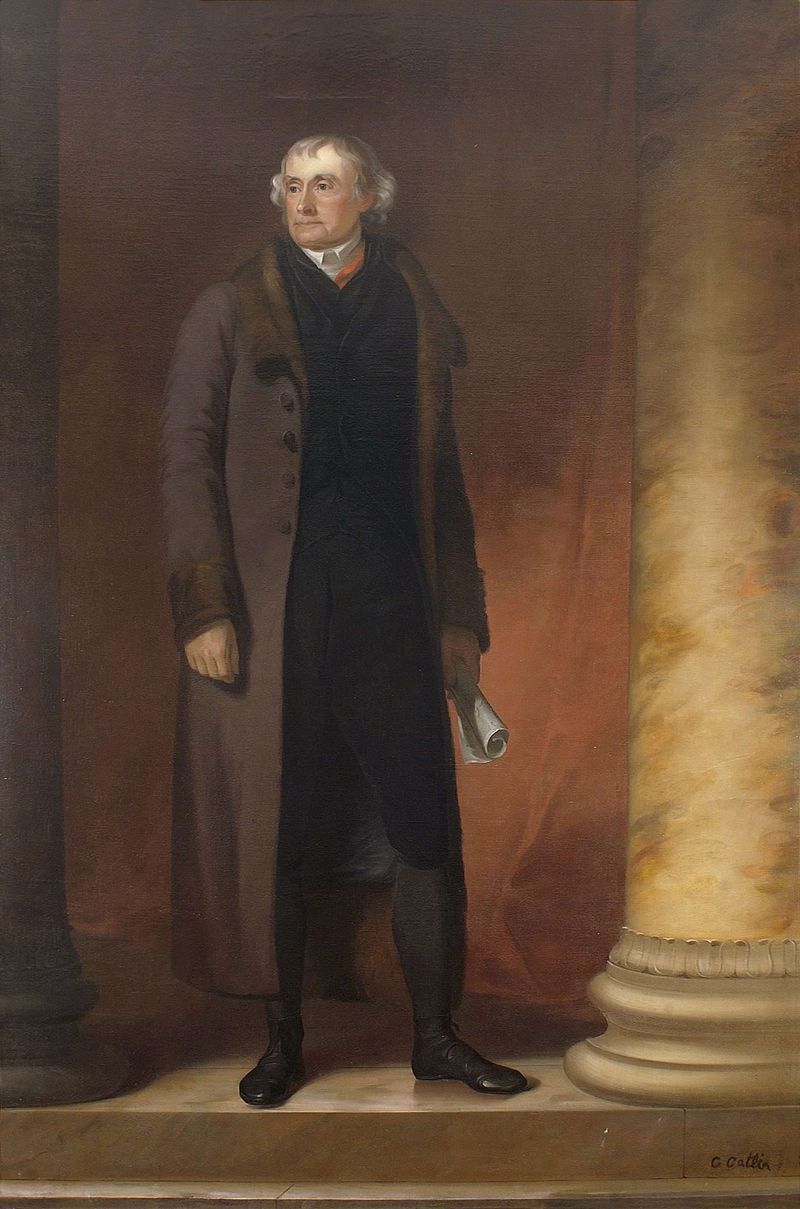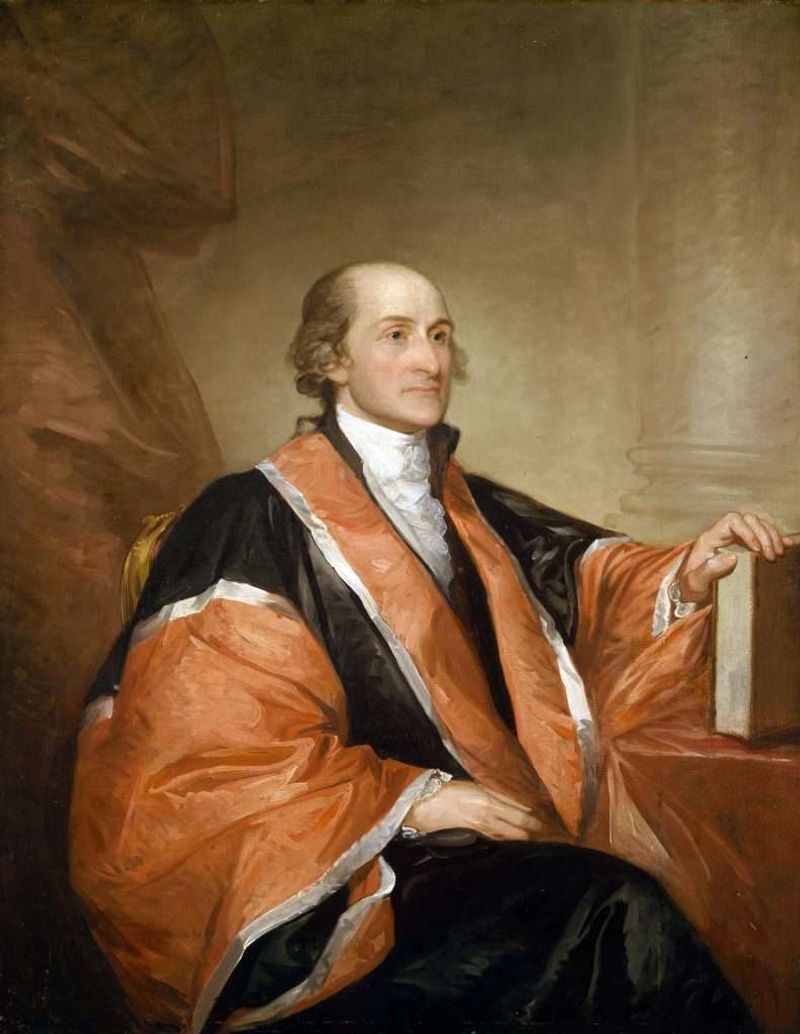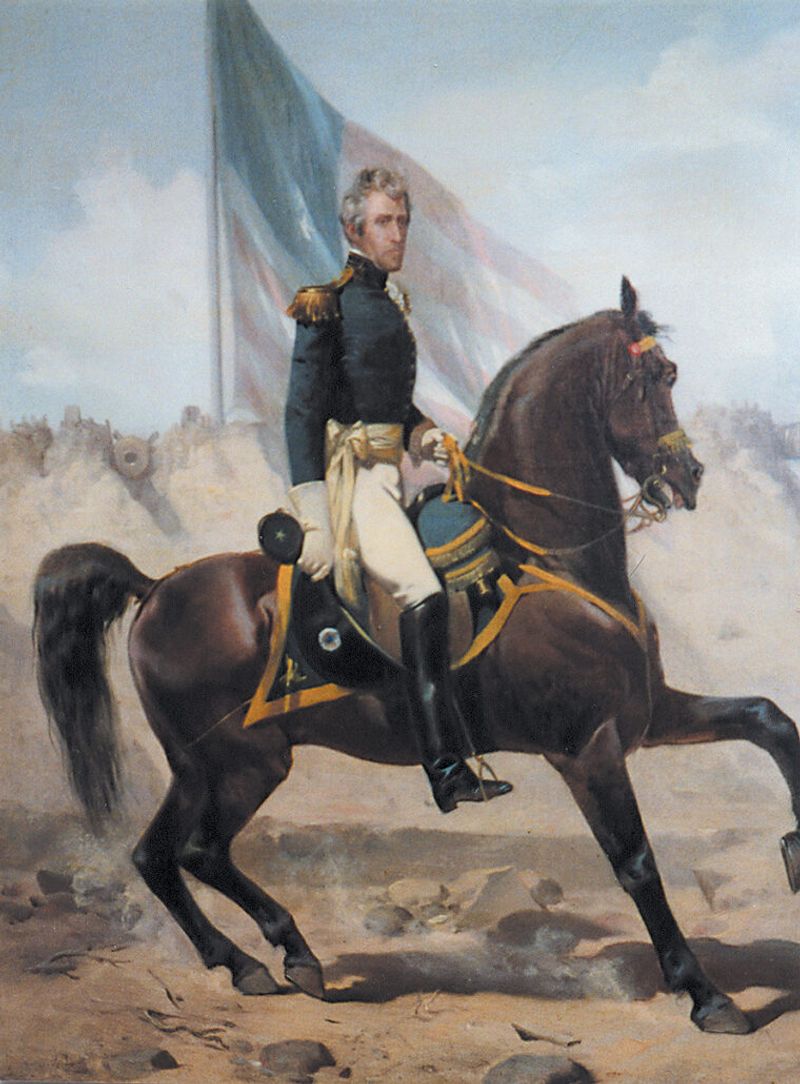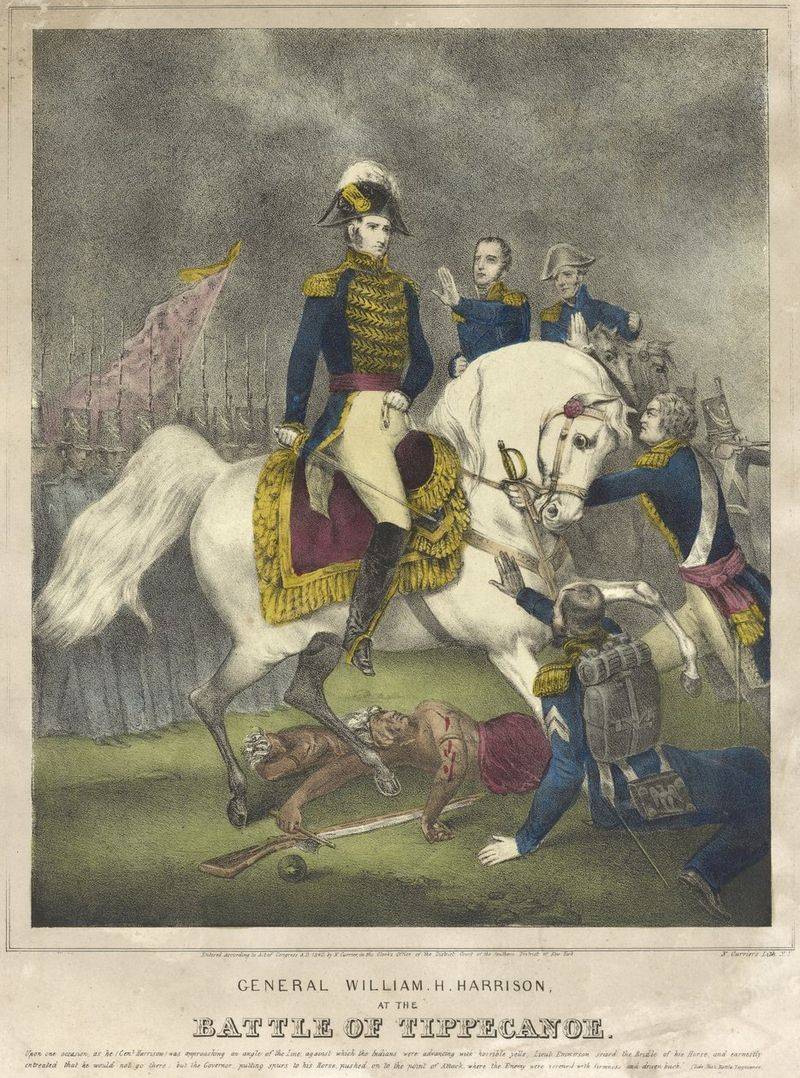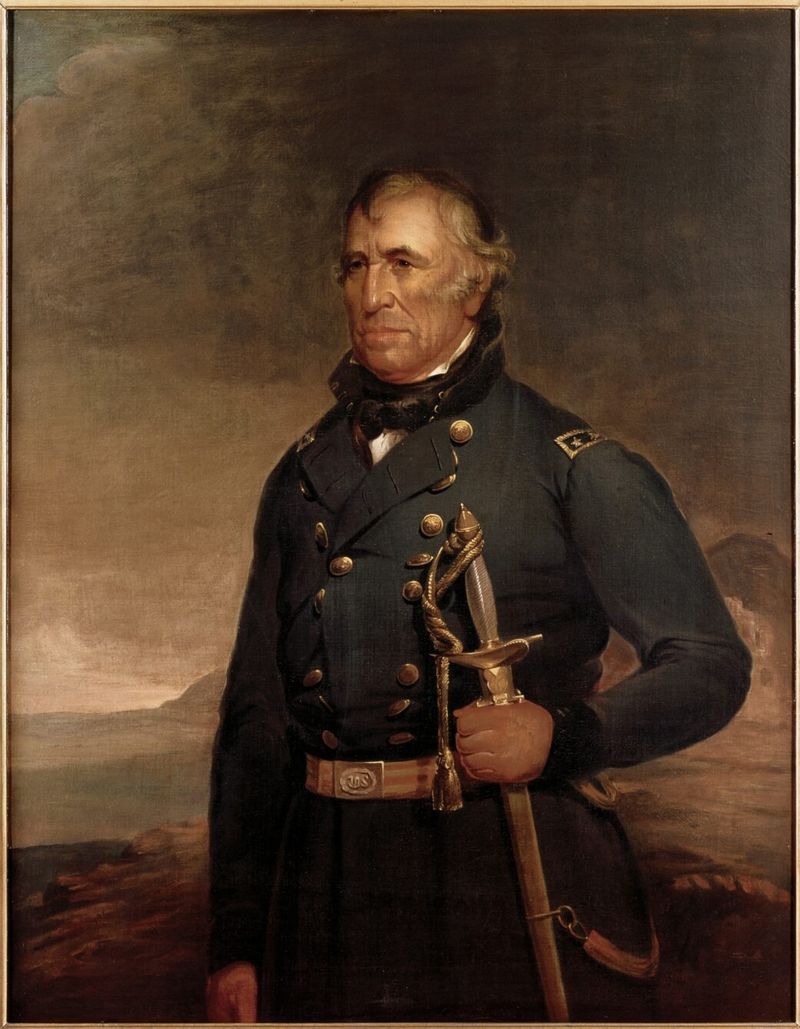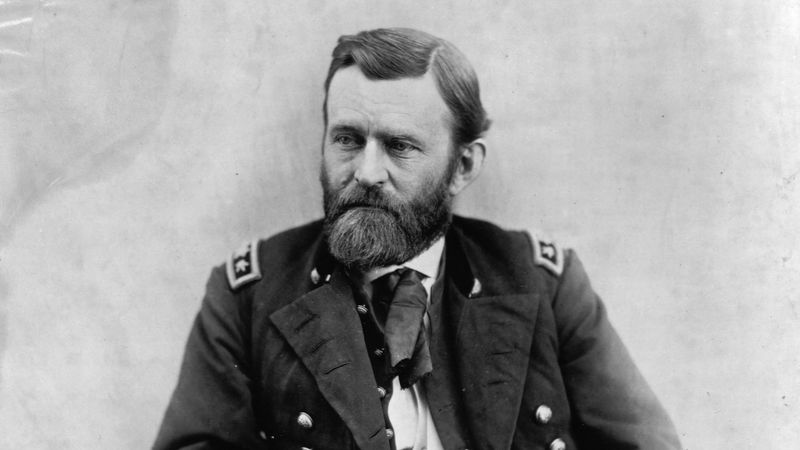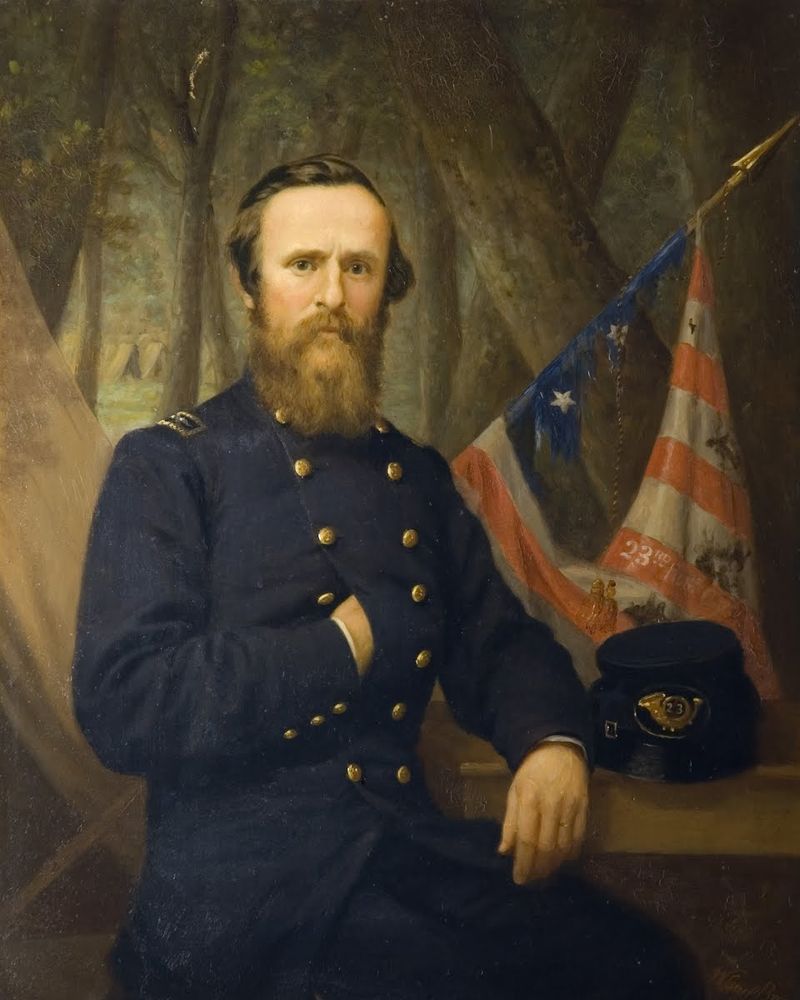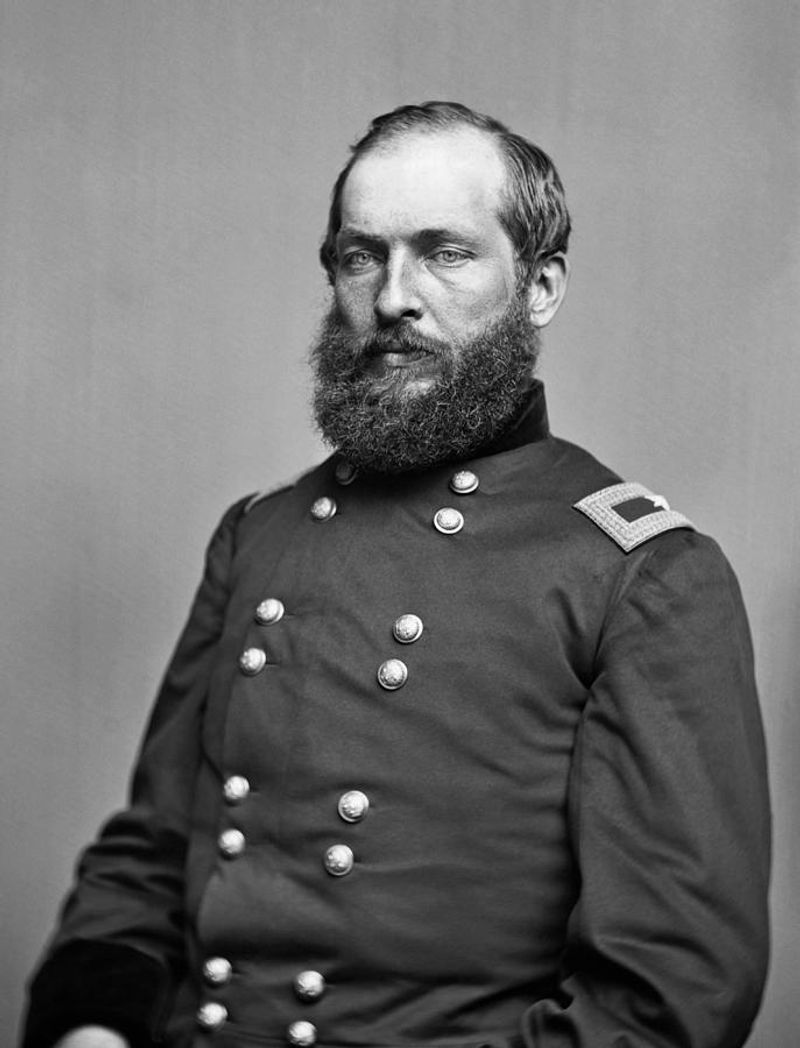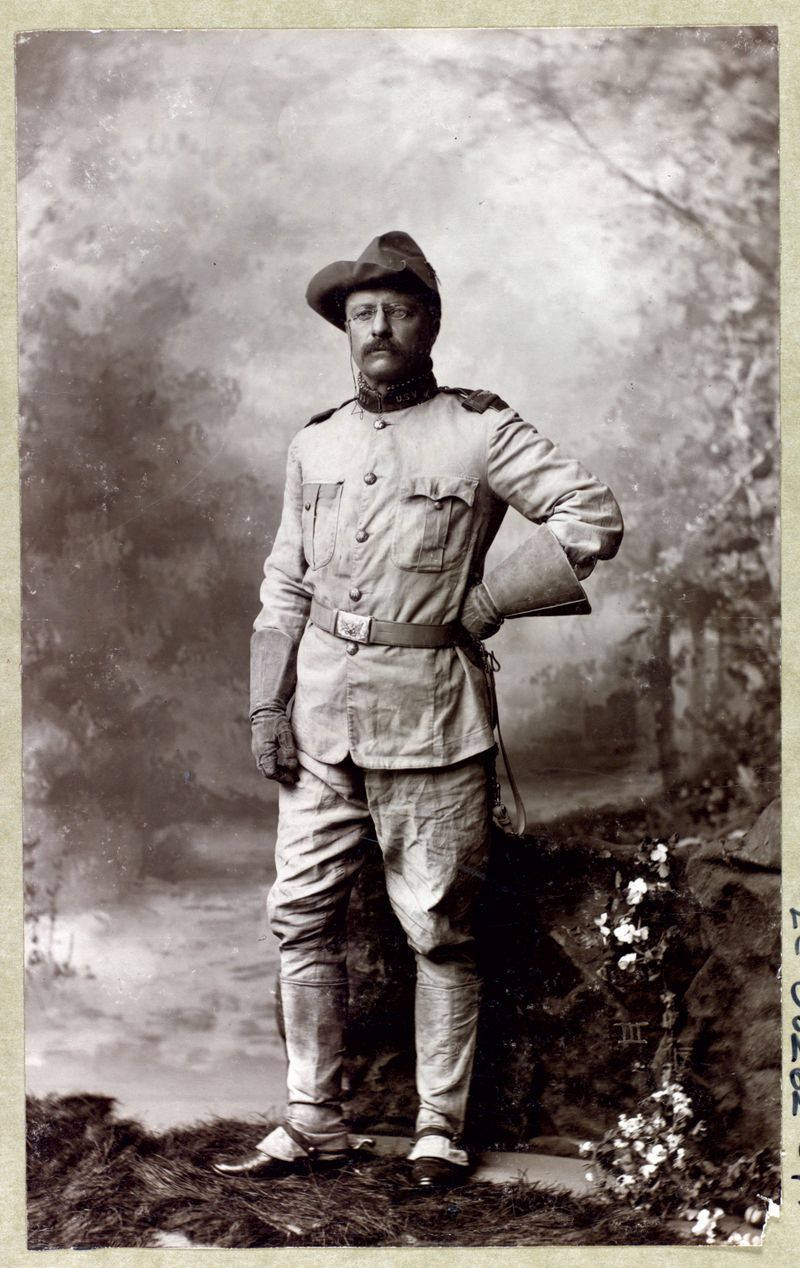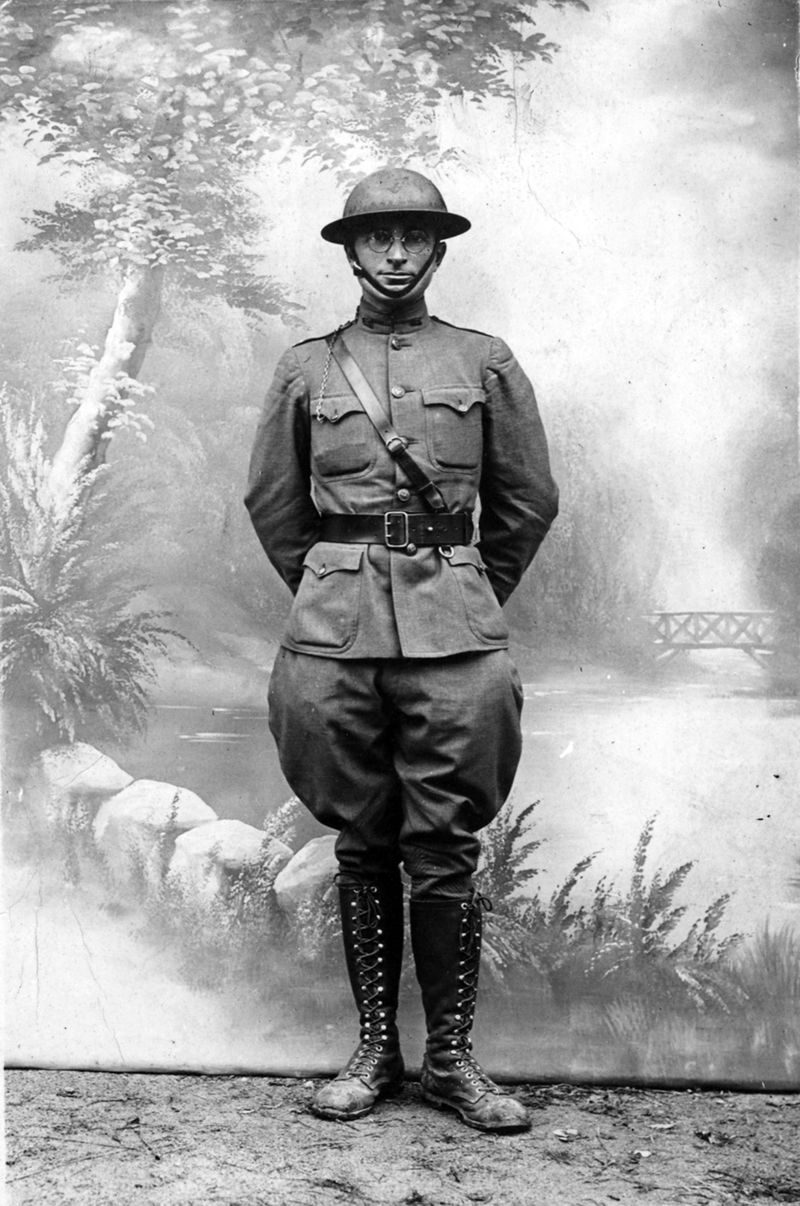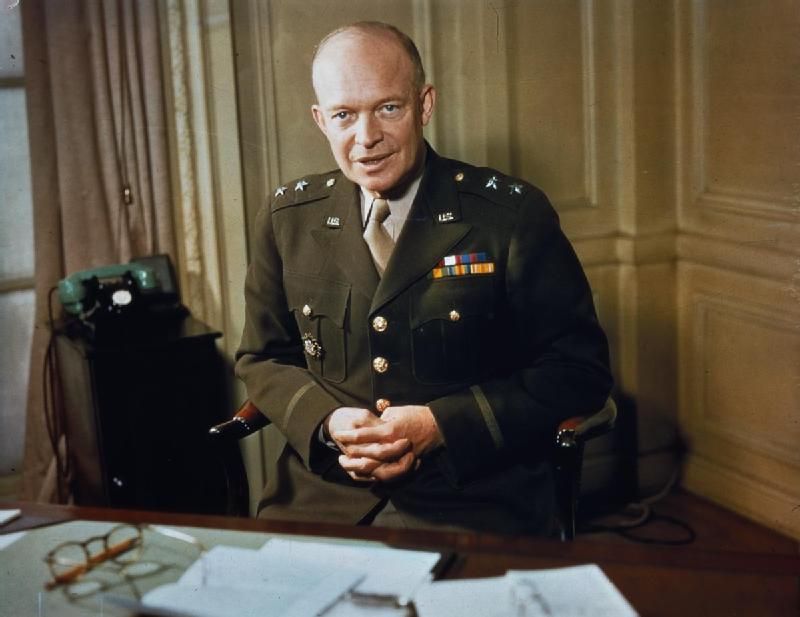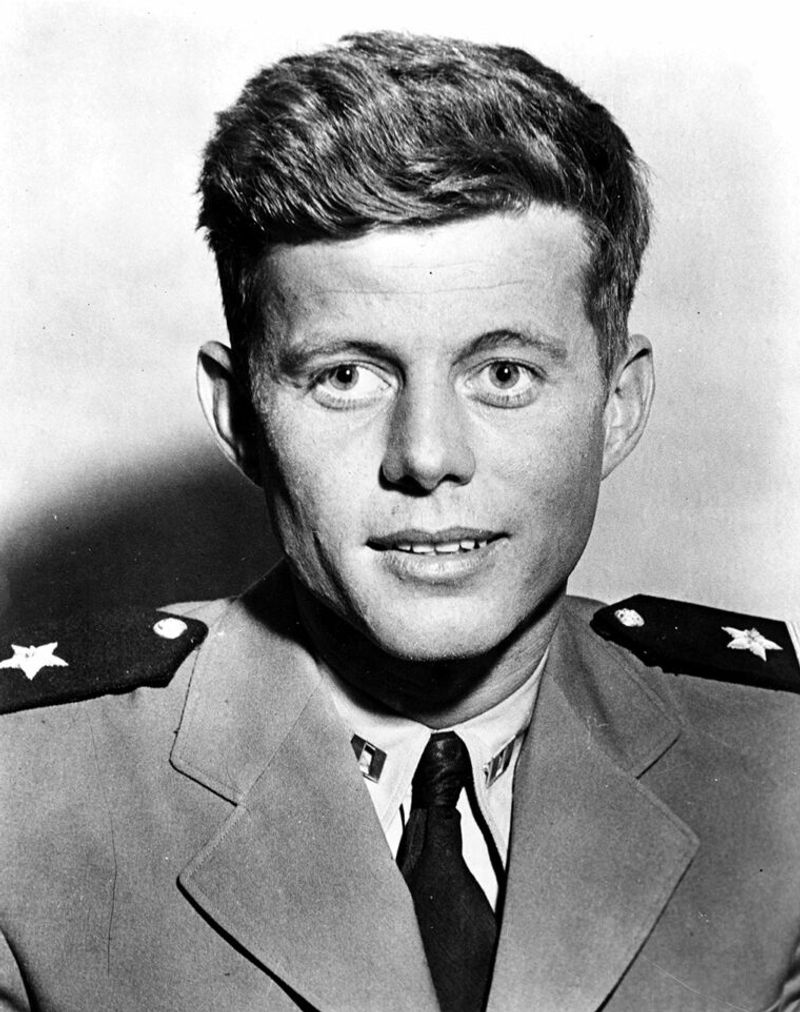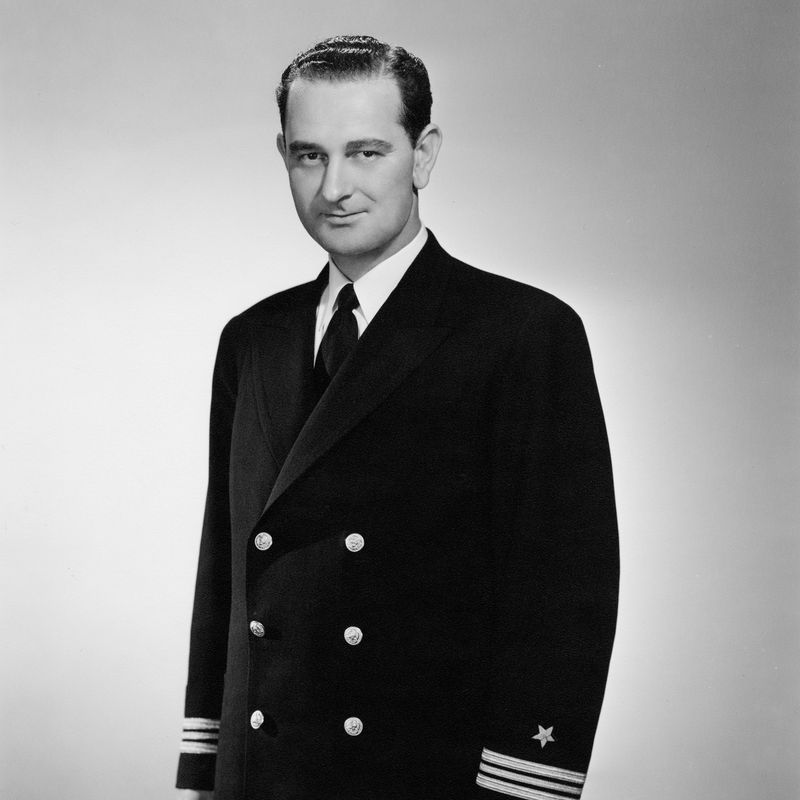The role of Commander-in-Chief of the United States has often been held by those with firsthand military experience. This unique compilation explores 15 American Presidents who served in the Armed Forces, revealing their journeys from the battlefield to the Oval Office. Each leader brought distinct military backgrounds and experiences to their presidency, influencing their decisions and legacies. From strategic masterminds to courageous combatants, these Presidents exemplify leadership forged under fire. Explore their stories, notable feats, and lasting impacts on both military and national history.
1. George Washington (Revolutionary War)
George Washington’s legacy as the first President is intertwined with his distinguished military service. As General and Commander-in-Chief of the Continental Army during the Revolutionary War, he was pivotal in securing American independence. One of his iconic moments was the daring crossing of the Delaware River on Christmas night in 1776, leading to a surprise victory at the Battle of Trenton. This bold maneuver showcased his strategic brilliance and unwavering resolve, cementing his reputation as a daring leader. Washington’s ability to inspire and unite his troops was integral to his success.
2. Thomas Jefferson (Revolutionary War)
Though Thomas Jefferson is better known for penning the Declaration of Independence, his involvement in the Revolutionary War extends beyond the quill. He served as a colonel in the Virginia militia, though his role was primarily in governance rather than combat. Jefferson used his intellectual prowess and political acumen to support the war effort, contributing to strategies that would lead to American victory. His leadership in Virginia helped galvanize support and resources necessary for the Continental Army. Jefferson’s multifaceted contributions were crucial to the young nation’s success.
3. James Madison (Revolutionary War)
James Madison, the fourth President, played a quieter military role during the Revolutionary War. Serving as a colonel in the Virginia militia, Madison did not participate in direct combat. However, his contributions were significant in the arena of political strategy and governance. His efforts in supporting troop movements and logistics were invaluable. Madison’s careful planning and legislative skills laid the groundwork for future military and political strategies. His presidency would later be marked by the War of 1812, a testament to his enduring commitment to the nation’s defense.
4. Andrew Jackson (War of 1812, Creek War)
Andrew Jackson, known as “Old Hickory,” was a formidable military leader and seventh President. His toughness and tenacity were legendary, particularly during the War of 1812. Jackson’s most celebrated military achievement was the decisive victory at the Battle of New Orleans, where his leadership skills shone. He also played a significant role in the Creek War, where he fought to secure American interests in the southeast. Jackson’s military successes elevated his national profile, ultimately propelling him into the presidency. His legacy is marked by both military prowess and controversial policies.
5. William Henry Harrison (War of 1812, Indian Wars)
William Henry Harrison’s military career is best remembered for his leadership at the Battle of Tippecanoe. His ability to command and inspire his troops earned him national recognition. Harrison’s military service extended into the War of 1812, where he continued to defend American frontiers. Despite his brief presidency, which lasted only 31 days, Harrison’s military accomplishments left a lasting legacy. His tactics and strategies in dealing with native forces were reflective of the complex and often troubled relations of the era. Harrison’s legacy is a blend of military prowess and political service.
6. Zachary Taylor (Mexican-American War, War of 1812)
Zachary Taylor, known as “Old Rough and Ready,” exemplified battlefield grit throughout his military career. His leadership in the Mexican-American War showcased his ability to adapt and innovate in challenging conditions. Taylor’s valor and tactical skills earned him national acclaim, paving the way for his presidency. Despite his military accolades, Taylor’s term in office was cut short by his untimely death, possibly due to cholera. His military background significantly influenced his presidential policies, particularly concerning issues of expansion and national security. Taylor remains a prominent figure in military history.
7. Ulysses S. Grant (Civil War, Mexican-American War)
Ulysses S. Grant’s rise to prominence is synonymous with his role as General of the Union Army during the Civil War. His strategic acumen and determination were instrumental in securing victory for the North. Grant’s military career was marked by decisive actions, such as the capture of Vicksburg and victory at Appomattox. After the war, he became the 18th President, navigating the nation through Reconstruction. Grant’s memoirs, written as he faced terminal cancer, reflect a life of service and commitment. His legacy endures as a symbol of resilience and leadership under pressure.
8. Rutherford B. Hayes (Civil War)
Rutherford B. Hayes, the 19th President, was known for his bravery in the Civil War, where he was wounded five times. His military service earned him a reputation for courage and tenacity. Hayes’s experiences on the front lines informed his leadership style and political decisions. His presidency focused on reconciliation and civil service reform, drawing from his wartime experiences. Hayes’s commitment to honesty and integrity in office mirrored his battlefield conduct. His dedication to duty and honor left a lasting impact on both his military peers and the nation he served.
9. James A. Garfield (Civil War)
James A. Garfield quickly ascended the ranks during the Civil War, becoming a Major General at the young age of 31. His leadership and strategic insights were evident in numerous campaigns. Garfield’s military service was characterized by a commitment to the Union cause and a deep sense of duty. These attributes carried over into his presidency, although it was tragically cut short by assassination. His brief tenure in office left a legacy of reform and progress. Garfield’s military achievements and presidential aspirations reflect a life dedicated to public service.
10. Theodore Roosevelt (Spanish-American War)
Theodore Roosevelt’s adventurous spirit was epitomized by his leadership of the Rough Riders during the Spanish-American War. His charge up San Juan Hill became legendary, demonstrating his courage and charisma. Awarded the Medal of Honor posthumously, Roosevelt’s military exploits bolstered his public image. His presidency was marked by progressive reforms and a commitment to conservation. Roosevelt’s larger-than-life persona and dedication to public service left an indelible mark on American history. His military legacy is celebrated for its boldness and vision, inspiring generations of leaders and citizens alike.
11. Harry S. Truman (World War I)
Harry S. Truman’s leadership skills were honed during World War I, where he served as an artillery captain in France. His ability to lead and inspire his men was evident in the challenging conditions of war. After the war, Truman returned to civilian life, opening a haberdashery before entering politics. His presidency would later be defined by monumental decisions, including the use of atomic weapons and the Marshall Plan. Truman’s military service instilled in him a sense of duty and responsibility that guided his political career, shaping the modern world.
12. Dwight D. Eisenhower (World War II)
Dwight D. Eisenhower’s military career reached its zenith as Supreme Commander of the Allied Expeditionary Force in World War II. His leadership during D-Day’s Operation Overlord was pivotal to the Allied victory in Europe. Eisenhower’s strategic vision and diplomatic skills were instrumental in coordinating the complex invasion. As President, he focused on Cold War tensions, creating NASA and the Interstate Highway System. Eisenhower’s legacy is defined by his commitment to peace and prosperity. His military and presidential achievements continue to influence global and domestic policies, reflecting his profound impact on history.
13. John F. Kennedy (World War II)
John F. Kennedy’s wartime heroics aboard the PT-109 during World War II are legendary. His courage and quick thinking saved his crew after their boat was sunk by a Japanese destroyer. Awarded the Navy and Marine Corps Medal, Kennedy’s actions reflected his leadership and valor. These experiences shaped his political career, inspiring his commitment to public service and international diplomacy. As President, Kennedy faced numerous challenges, including the Cuban Missile Crisis and the space race. His legacy is marked by a vision for progress and a dedication to peace and equality.
14. Lyndon B. Johnson (World War II)
Lyndon B. Johnson’s brief military service during World War II earned him the Silver Star for his actions on a flight observation mission. Though his award was controversial, it highlighted his willingness to serve and contribute to the war effort. Johnson’s presidency would focus on domestic reforms and civil rights, reflecting his commitment to improving American society. His military experience provided insights into defense and international relations, shaping his policies during the Vietnam War. Johnson’s legacy is a complex blend of ambition, reform, and controversy, reflecting his deep impact on American history.
15. George H.W. Bush (World War II)
George H.W. Bush’s military service as the youngest naval aviator during World War II was marked by bravery and resilience. Shot down over the Pacific, his dramatic rescue by a submarine was a testament to his survival instincts and courage. Bush’s experiences in the military shaped his approach to leadership and public service. As President, he navigated the end of the Cold War and led a coalition during the Gulf War. Bush’s legacy is one of diplomacy, service, and dedication to global stability. His military and presidential achievements continue to resonate today.
